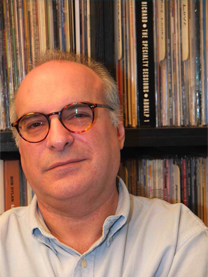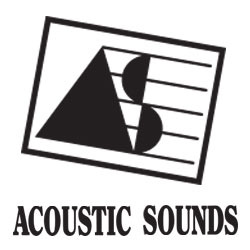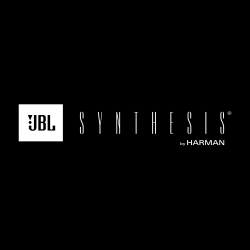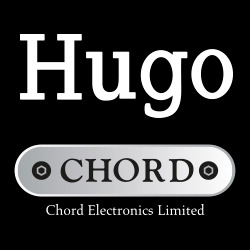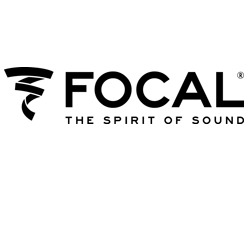Consider this a Public Service: you are being warned, before the release date of June/July 2019, of a run of only 50 pairs of speakers guaranteed to become collectors’ items. Falcon Acoustics’ Jerry Bloomfield told me they’re making the finest BBC LS3/5as ever to be made available to the public, effectively identical to the legendary BBC-badged monitors that preceded the retail versions. If opportunists exist in audio as they do in the luxury car and watch sectors, I can see pairs being bought for flipping on eBay at twice the price.
He arrived with two pairs of LS3/5as, the first a normal pair as reviewed here last year, for me to listen to before his ‘surprise.’ Switching over to the other pair, it took all of three seconds to realise it was a dream come true: a speaker with every LS3/5a virtue intact, but closer to those owned by Paul Whatton, which slaughtered everything in the Great LS3/5a Shoot-Out of 2001 in Hi-Fi News.
More open, more transparent, the bass less ‘one-note’, detail recovery increased, they delivered far more than what is attributed to superior valves, better cables or stands or other tweaks. Jerry explained by handing me a first-series, BBC-made crossover to illustrate why this was a superior speaker, after revealing that he had acquired BBC pair nos. 003/004 and reverse-engineered them. This was how Falcon returned proper LS3/5as to the market, because founder Malcolm Jones designed the drivers in the first place for KEF. If anyone had a legitimate claim to reviving the much-loved mini-monitor with true provenance and total authenticity, it’s Malcolm.
Said Jerry, ‘It’s taken 3 years to get this to fruition.’ For the ‘Kingswood Warren Limited Edition,’ Falcon commissioned cabinets re-manufactured to the original BBC LS3/5a thin-wall specs, using pair 003/4 as the model. They’re made of graded 9mm Baltic Ply, critically-damped, with screwed-in backs, in teak veneers to ensure that the build, looks and sound are exactly as would have been in 1972/74.
‘These follow the original LS3/5 cabinets from 1968, which were stripped down and re-used by BBC Design Department to make the first LS3/5as. We even have the hand-written notes from the BBC staff involved in 1972/74 written in pencil on the cabinet interiors setting out the modifications to the LS3/5 cabinets to guide us!’
Crucially, the crossovers use components long out-of-production, necessary to replicate the originals. The BBC used in-house-manufactured, transformer-style inductors for prototyping. ‘They used a particular size of Radiometal lamination that is longer made, with an ingenious, specific clamping system that allows for very accurate inductance value setting.
‘Thanks to Malcolm, who had squirreled away a box of original laminations which he adjured me never to throw out, together with a small amount – the last remaining – we managed to locate, we now have just enough to be able to exactly replicate these vital components for 50 pairs. We have gone to the extent of having all the BBC parts, even to the clamp brackets, remanufactured to be able to replicate exactly the original BBC transformers – one of the key components required for this limited edition.’
For the capacitors, the original specification called for a polycarbonate dielectric film. ‘Production of this film stopped nearly 20 years ago. It was always expensive and manufacturers almost always use, or used polyester types instead. You just can’t get polycarbonate capacitors any more, but after three years of searching, we managed to find a small supply.
‘We’ve therefore commissioned “Falcon Polycarbonate Capacitors,” giving us enough of the correct values to enable us to recreate the exact same crossover that the BBC designed in 1972/74, when they finalised the LS3/5a design.’ He adds that ‘polycarbonate capacitors were famous for almost unconditional stability, speed, accuracy, plus an unrivalled depth of tone and soundstage, and these properties are very evident in this limited edition.’
These speakers will not be inexpensive. Jerry is slightly bemused by the trade in vintage LS3/5as in Asia in particular, where £10,000 a pair is par for, say, Chartwells. To account for the £6495-a-pair price, he says that, ‘Together with recreating the BBC inductors, it’s been seriously expensive to do all this, but we’ve made a unique product. It will never be possible to do this again, and all who have heard them say the sound is fabulous!’
Within days, Jerry texted, ‘You were 100% right on how quickly they would sell. We’ve already got reservations for 1/3rd of the production.’ I just hope it’s LS3/5a lovers acquiring them and not wheeler-dealers. Contact Falcon NOW if you’re interested. If I had the dosh, I’d be ordering two pairs – to stack!
©Ken Kessler 2019
